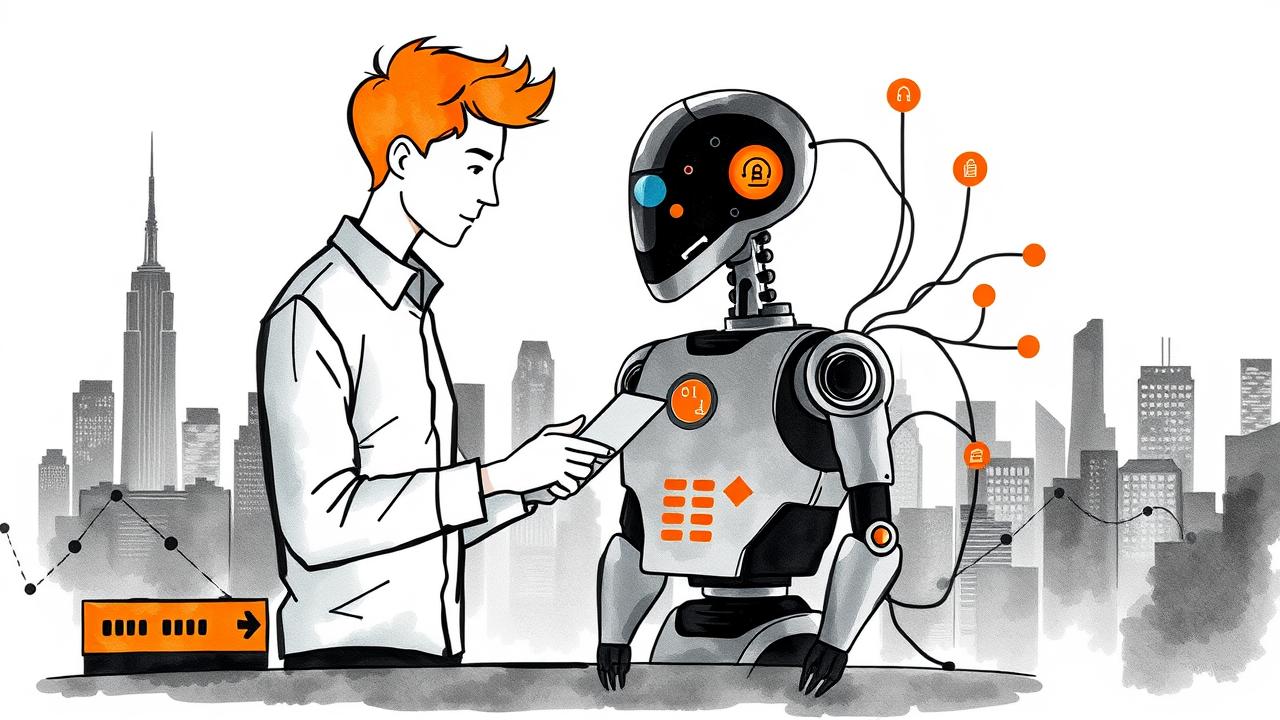The AI Revolution: How Machines Are Surpassing Humans in Performance
Imagine a world where machines can outperform humans in tasks that were once thought to be exclusive to our species. Sounds like science fiction, right? But the reality is that artificial intelligence (AI) has made tremendous strides in recent years, and the gap between human and machine performance is narrowing at an alarming rate.
The New Benchmarks of AI Supremacy
In 2019, Stanford University's AI Index reported that AI models had surpassed humans in reading comprehension, image classification, and certain mathematical challenges. This milestone marked a significant shift in the way we assess AI's capabilities. But what does this mean for us, and how will it impact our daily lives?
Let me tell you a short story about John Henry Patterson, a steel driver who in 1881 competed against a steam-powered drill in a contest to see who could dig a tunnel faster. Patterson, a human, lost the contest, but his determination and skill inspired a new generation of engineers. Similarly, AI's rapid advancement is pushing us to reevaluate our assumptions about what it means to be intelligent.
The Rise of Complex Challenges
Emerging standards like SuperGLUE are testing AI's ability to handle nuanced language tasks and complex reasoning. These benchmarks are forcing us to rethink how we assess AI's potential in real-world applications. For instance, can AI models accurately interpret sarcasm or understand the nuances of human emotions? The answer is yes, but it's not without its limitations.
The Impact on Daily Life
So, what does this mean for us? Faster and more accurate information retrieval is just the beginning. AI's capabilities will revolutionize industries like healthcare, finance, and education. But it's essential to be cautious of ongoing limitations, like AI hallucinations or false information generation. As we integrate AI into our daily lives, we must ensure that we're using it responsibly and ethically.
Real-World Applications and Takeaways
Here are a few examples of how AI is already making a difference:
- Virtual assistants like Siri and Alexa are becoming increasingly sophisticated, allowing us to control our smart homes and access information with ease.
- Self-driving cars are being tested on public roads, promising to revolutionize transportation as we know it.
- AI-powered diagnostic tools are helping doctors detect diseases earlier and more accurately, saving countless lives.
As we continue to push the boundaries of AI's capabilities, it's essential to remember that this technology is not a replacement for human intelligence, but rather a complement to it. By embracing AI's potential and addressing its limitations, we can create a future where humans and machines work together to solve some of the world's most pressing challenges.
The Future of AI: A Call to Action
As we stand at the threshold of this new era, we're faced with a question: are we ready to harness the power of AI to create a better world? The answer is yes, but it requires us to be proactive and responsible. Let's work together to ensure that AI is developed and used in ways that benefit humanity, not just a select few. The future of AI is in our hands, and it's time to take action.
